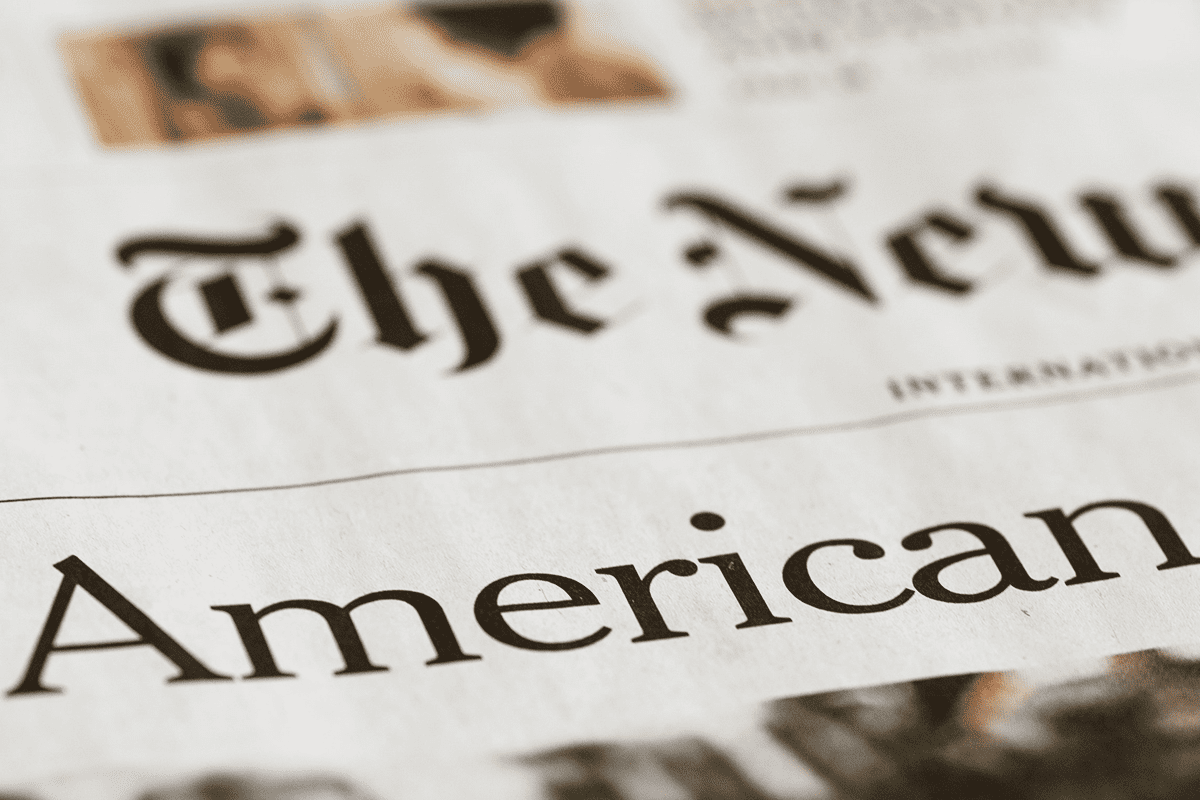Bill would make it easier to sue news outlets for defamation

TALLAHASSEE, Fla. (FLV) – A bill filed in the House aims to make it easier for people to sue media outlets for defamation.
Rep. Alex Andrade, R-Pensacola, filed the bill the same month Gov. Ron DeSantis held a roundtable urging private action to fight against media defamation.
“We’ve all seen examples in recent history where media outlets have kind of played fast and loose with the truth,” Andrade said. “And some of the standards that we all expect from media outlets haven’t necessarily been followed.”
The bill changes who is considered a public figure for the purpose of establishing a claim of defamation, libel and slander. New York Times Co. v. Sullivan raised the standard for someone deemed a public figure to reach in order to bring a cause of action, according to Andrade.
Under the bill, the person is not considered a public figure if the person’s fame arises for the following reasons:
- Defending him or himself publicly against accusations.
- Granting an interview on a specific topic.
- Public employment other than elected office or appointment by an elected official.
- A video, image, or statement uploaded on the Internet that has reached a broad audience.
“It really just protects non-elected individuals from being considered public figures and having to meet some subjectively, higher standard,” Andrade said.
Andrade said the bill clarifies that “professional journalists” do not have special protections from a defamation claim.
“The law protects journalists from being compelled by a judge to disclose anonymous sources,” Andrade said. “But if they’ve been sued for defamation, and want to avoid liability, this section makes clear that they cannot claim a special privilege to avoid disclosing and also avoid liability.”
The bill creates a presumption that a statement by an anonymous source is presumptively false for purposes of a defamation action.
“In a case where a defendant in a defamation action refuses to identify the source of a defamatory statement, the plaintiff need only prove that the defendant acted negligently in making the defamatory statement,” the bill said.
The bill clarifies defamation standards to include a fact finder inferring actual malice when the defamatory allegation is fabricated by the defendant or is based on an “unverified anonymous” report, when the allegation is “so inherently implausible” that a reckless person circulated it, and when there are “obvious reasons” to doubt the veracity of the defamatory allegation.
In the bill, some of the “obvious reasons to doubt the veracity of a report” is when:
- There is “sufficient” contrary evidence that was known or should have been known to the defendant after an investigation.
- The report is inherently improbably or implausible.
- The defendant willfully “failed” to validate, corroborate, or verify the defamatory allegation.
The bill said the prevailing plaintiff is entitled to statutory damages of at least $35,000.



